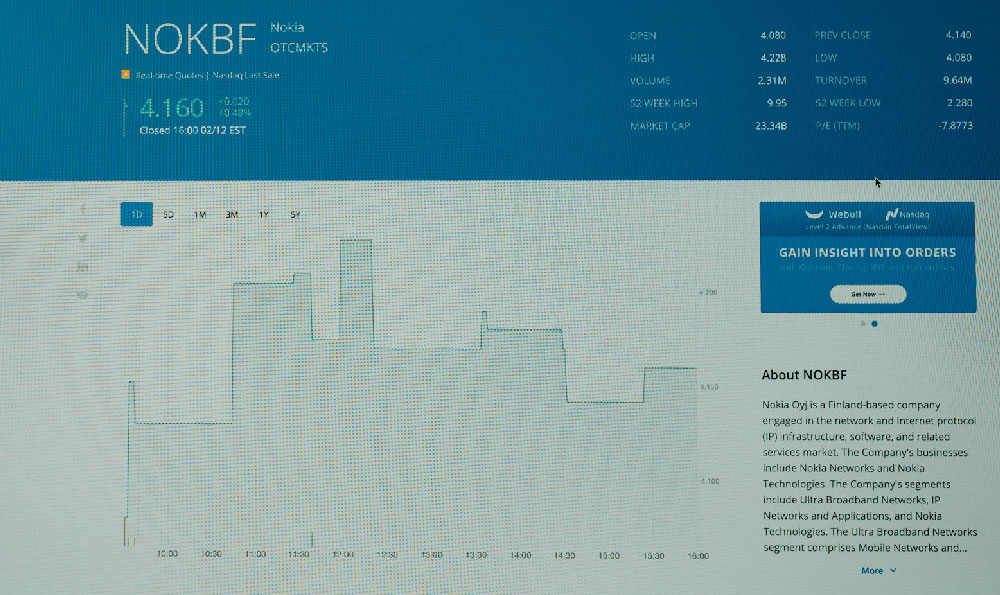Truck driving, a vital cog in the global supply chain, often piques interest not only for its open-road allure but also for its potential earning power. The question, "How much can truck drivers earn?" doesn't have a single, straightforward answer. Instead, a multitude of factors influences a driver's salary, creating a wide range of possibilities. Understanding these factors is crucial for anyone considering this profession or seeking to improve their earning potential within the industry.
One of the most significant determinants of a truck driver's salary is the type of driving job they hold. Generally, truck driving positions fall into several categories, each with varying pay scales. Over-the-road (OTR) drivers, who haul freight across long distances and often spend weeks away from home, typically have the potential to earn more. This is due to the greater demands of the job, including longer hours, irregular schedules, and time spent away from family. However, the lifestyle can be challenging, requiring strong self-discipline and the ability to manage time and finances independently.
Regional drivers, who operate within a specific geographic area, often strike a balance between earning potential and work-life balance. While their pay may not be as high as OTR drivers, they typically enjoy more frequent home time, which can be a significant advantage for those with families or personal commitments. Local drivers, on the other hand, generally have the most predictable schedules, often returning home every night. Their pay is typically lower than OTR or regional drivers, but the stability and predictability of the job can be appealing.

The type of freight a driver hauls also plays a crucial role in determining their salary. Drivers who transport hazardous materials, oversized loads, or specialized cargo often command higher pay rates due to the increased risk and complexity involved. These specialized jobs require additional training, certifications, and expertise, which translates into a premium for their services. For example, drivers hauling gasoline or explosive materials undergo rigorous safety protocols and are compensated accordingly for the added responsibility. Similarly, those transporting delicate or high-value goods, such as electronics or pharmaceuticals, may earn more due to the need for careful handling and secure transport.
Experience is another key factor that influences a truck driver's salary. Entry-level drivers, fresh out of truck driving school, typically start at the lower end of the pay scale. As they gain experience, build a solid safety record, and demonstrate reliability, their earning potential increases significantly. Experienced drivers are often sought after by trucking companies and can negotiate better pay rates and benefits packages. They may also be eligible for promotions into roles such as driver trainers or fleet managers, which offer higher salaries and leadership opportunities.
The trucking company a driver works for also significantly impacts their earnings. Large, established trucking companies often offer competitive pay rates, comprehensive benefits packages, and opportunities for advancement. Smaller companies, on the other hand, may offer higher pay rates to attract and retain drivers, but they may have fewer benefits and less job security. Independent owner-operators, who own and operate their own trucks, have the potential to earn the most, but they also bear the greatest financial risk and responsibility. They are responsible for all expenses associated with their truck, including fuel, maintenance, insurance, and repairs. Their success depends on their ability to manage their business effectively, secure profitable loads, and maintain their equipment in good condition.
The geographic location where a driver operates can also influence their salary. Areas with a high demand for truck drivers, such as major metropolitan areas and industrial hubs, typically offer higher pay rates to attract qualified candidates. States with stricter regulations and higher costs of living may also offer higher pay rates to compensate drivers for the challenges of operating in those areas. Seasonal factors, such as increased demand for goods during the holiday season, can also temporarily boost driver salaries.
Beyond these core factors, other variables can affect a truck driver's income. Bonuses for safe driving, fuel efficiency, and on-time deliveries can add a significant amount to a driver's annual earnings. Some companies also offer profit-sharing programs or stock options, allowing drivers to participate in the company's financial success. Unionized truck drivers often have collective bargaining agreements that guarantee certain pay rates and benefits.
While pinpointing an exact "average truck driver salary" is difficult, industry data provides some useful insights. According to various sources, the average annual salary for truck drivers in the United States falls within a broad range. However, it's crucial to remember that this is just an average, and individual earnings can vary significantly based on the factors mentioned above.
For instance, a newly licensed OTR driver hauling general freight for a large company might start around the lower end of the average, while an experienced driver with endorsements for hazardous materials hauling oversized loads for a specialized carrier could earn substantially more. Ultimately, a truck driver's earning potential is directly correlated to their skills, experience, the type of freight they haul, the company they work for, and their dedication to the job.
Aspiring truck drivers should carefully research different job options, companies, and geographic locations to find the best fit for their individual needs and goals. They should also invest in ongoing training and professional development to enhance their skills and increase their earning potential. By understanding the factors that influence truck driver salaries and proactively managing their careers, drivers can maximize their earning potential and build a successful and rewarding career in the transportation industry. The road to financial stability in truck driving is paved with informed decisions, dedication, and a willingness to adapt to the evolving demands of the industry.












